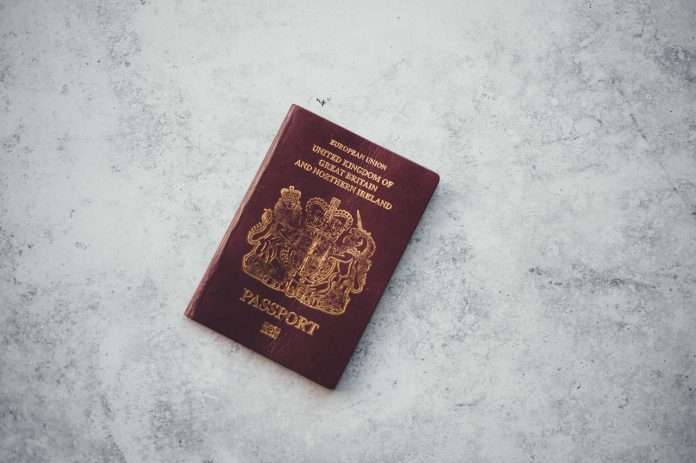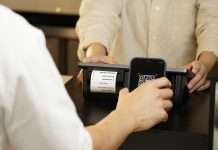The world is quickly embracing digital transformation and the travel industry is not an exception. One technology that is dramatically changing the way we travel is mobile passport scanning.
According to Scanbot, It’s not just about making the check-in process faster, there are other significant advantages that this technology brings to both travellers and the hospitality industry.
Firstly, speed is of the essence, especially in high-traffic environments like airports or hotels. Manual data entry, a time-consuming task that employees spend hours on daily, can be reduced to milliseconds with the implementation of mobile passport scanning. Through an internal mobile app equipped with a high-performance MRZ Scanner, staff can extract information from passports or ID cards swiftly, making check-ins and boarding processes more efficient. Similar benefits are also seen in customs and immigration workflows, where travellers can now use mobile apps to scan their passports and provide details about their plans, enabling them to bypass traditional paperwork and queues.
Secondly, data accuracy is significantly improved with mobile passport and ID scanners. People commonly make errors when manually typing in names, ID numbers, and other personal information, and these mistakes can prove costly. IBM suggests that poor data quality costs U.S. enterprises over $3tn in a single year. Mobile scanning technology, however, extracts passport information automatically and with consistently high accuracy, potentially saving businesses millions of dollars annually.
The third advantage is flexibility. Until recently, scanning ID cards and passport MRZs required specialised, stationary equipment which is not only costly, but also cumbersome, and requires special training to use. Now, any ordinary mobile device can perform the same tasks, providing a new level of adaptability for your team and operations.
Lastly, data security is a paramount concern. Many mobile scanning solutions on the market are cloud-based and thus vulnerable to data breaches. Offline solutions, however, provide the strongest data protection. The scanning and processing of information are done solely on the device, with the extracted information never transferred to third-party servers. Offline scanning makes smartphones a secure alternative to dedicated hardware scanners.
In conclusion, mobile passport scanning offers a multitude of benefits for the hospitality and travel industry, including faster check-in and boarding, more accurate data collection, increased security, and high flexibility. It’s poised to become a regular feature of international travel and hospitality, enabling smooth and secure experiences for businesses and their customers.
Keep up with all the latest FinTech news here.
Copyright © 2023 FinTech Global










